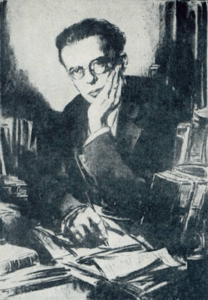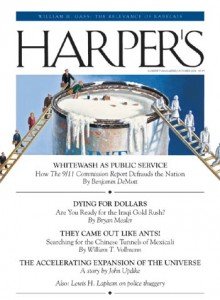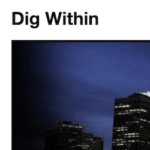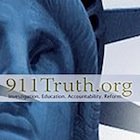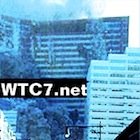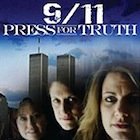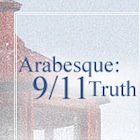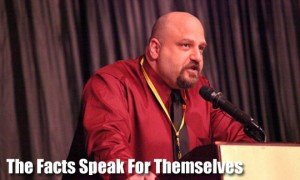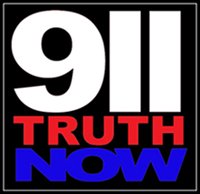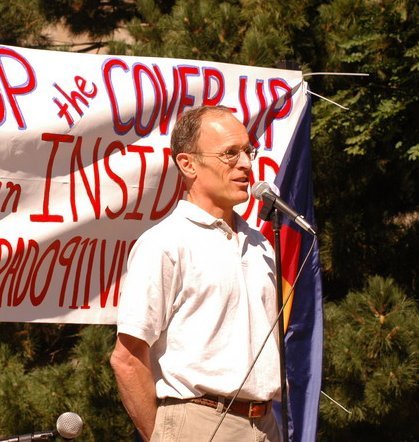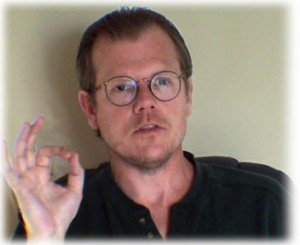War at Home
Covert Action Against U.S. Activists and What We Can Do About It
by Brian Glick
“This is a must handbook for private study and group discussion by all progressive and radical activists. Today’s defense depends on our knowledge of yesterday’s repression. The message: the political police haven’t forgotten us—we can’t afford to forget them and their methods.”—Philip Agee, former CIA agent
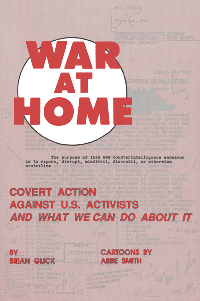 “This book … is one of the most important contributions to the subject yet written.”—Representative John Conyers
“This book … is one of the most important contributions to the subject yet written.”—Representative John Conyers
From the introduction:
“Government harassment of U.S. political activists clearly exists today, violating our fundamental democratic rights and creating a climate of fear and distrust which undermines our efforts to challenge official policy.
“Similar attacks on social justice movements came to light during the 1960s. Only years later did we learn that these had been merely the visible tip of an iceberg. Largely hidden at the time was a vast government program to neutralize domestic political opposition through ‘covert action’ (political repression carried out secretly or under the guise of legitimate law enforcement).
“The 1960s program, coordinated by the FBI under the code name ‘COINTELPRO,’ was exposed in the 1970s and supposedly stopped. But covert operations against domestic dissidents did not end. They have persisted and become an integral part of government activity. This book is designed to help today’s activists learn from the history of COINTELPRO, so that future movements can better fight this war at home.
“The opening section reviews what we know about COINTELPRO. It explains how the program was uncovered when the FBI and police were compelled to release previously secret documents. It outlines COINTELPRO’s methods and targets and assesses its contribution to the decline of the movements of the 1960s.
“The next section shows that domestic covert action did not end when COINTELPRO was officially disbanded. It remained in effect under other names and it continues to be a serious threat today. Persisting under Democratic as well as Republican administrations, it has become a permanent feature of U.S. politics.
“The final section discusses what we can do about this danger. It analyzes the specific methods used in COINTELPRO — infiltration, psychological warfare, harassment through the legal system, and extralegal force and violence — and proposes to limit or deflect their impact on our movements. It shows that these methods do not protect ‘national security’ or combat terrorism, as claimed by the government, but actually serve to foment violence and subvert democracy. Various tactics are suggested for publicly exposing the reality of domestic covert action and mobilizing broad-based protest against its continued use.
“Excerpts from key COINTELPRO documents are reproduced at the back of the book, along with a list of resource groups and additional readings.
“Domestic covert action is a powerful deterrent to democratic discussion of public policy and effective organizing for social change. We need to take it seriously without being distracted from our main goals. Please talk with other activists about the analysis and recommendations presented here. Adapt the guidelines to the conditions you face. Point out problems and suggest other approaches.
“Now is the time to begin fighting the hidden war at home.”
Contents:
Introduction
A HISTORY TO LEARN FROM COINTELPRO: Covert Action Against the Domestic Dissidents of the 1960s
How We Learned About COINTELPRO
How COINTELPRO Worked
COINTELPRO’s Main Targets
How COINTELPRO Helped Destroy the Movements of the 1960s THE DANGER WE FACE Domestic Covert Action Remains a Serious Threat Today
Domestic Covert Action Did Not End in the 1970s
Domestic Covert Action Has Persisted Throughout the 1980s
Domestic Covert Action Has Become a Permanent Feature of U.S. Government PROSPECTS FOR THE FUTURE What We Can Do About Domestic Covert Action
Learning the Methods of COINTELPRO and How to Protect Ourselves Against Them
Infiltration by Agents and Informers
Psychological Warfare From the Outside
Harassment Through the Legal System
Extralegal Force and Violence Exposing Domestic Covert Action as Undemocratic and a Form of Terrorism
Publicly Opposing the Government’s Continued Use of Domestic Covert Action
Not Letting Political Repression Divert Us From Building Strong Movements for Social Justice COINTELPRO Documents

